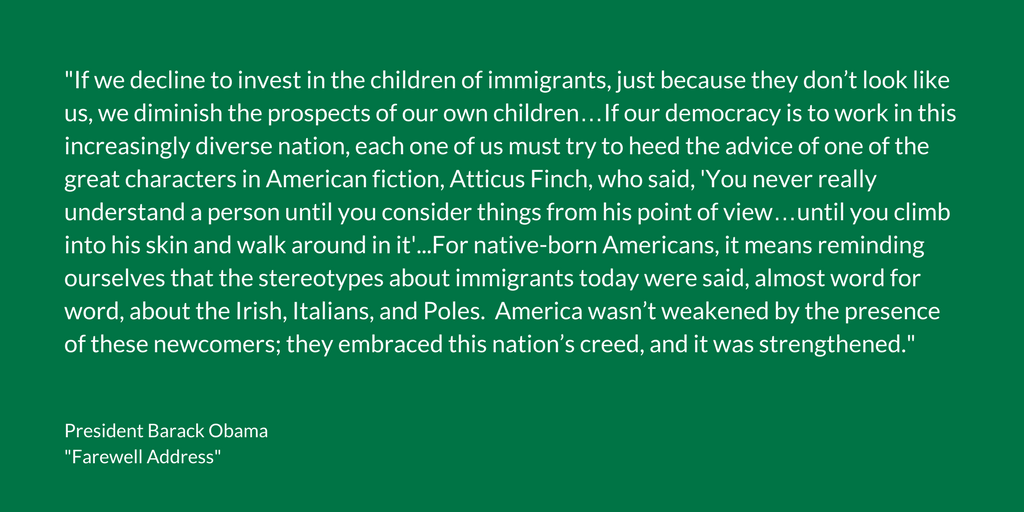In late 2015, when thirty governors from states across the country announced they didn’t want to resettle Syrian refugees, Christopher Louras, the mayor of Rutland, Vermont, sent the state’s Democratic governor a text. That text was to see if they could bring refugees to Rutland, a small town in rural Vermont. In September last year the State Department officially selected the city as a resettlement site. “I saw that as an opportunity to grow our population, bring in individuals, families, new Americans from Syria who have a strong work ethic, who were fleeing for their lives and looking to rebuild those shattered lives,” Louras tells the New York Times.
Rutland, with a population of 15,824, has lost residents since 2000. Some Rutlanders including Mayor Louras see refugee resettlement as an economic remedy to their shrinking city, while others are concerned about whether the city can absorb the newcomers. “Rutland’s demographic condition right now is not just one of a declining population, but it’s also a graying population,” says Louras, who became the mayor as a Republican, but is now an independent. “We need people.”
The plan has divided the city. Rutland First, an organization opposed to the refugee resettlement, says that they “are a group of sympathetic and deeply concerned Rutland residents, who understand the sufferings and displacements not only of Syrians but of other in strife-torn areas of the world” but that nevertheless “do not think this decision should be based on feelings of kindness.” They explain:
We are aware of burdens experienced by some communities who have accepted refugess as well as difficulties of those resettled. We think we must understand facts that have not been forthcoming and must consider the consequences of refugee resttlement in our City. Rutland has numerous unaddressed problems.
Members of Rutland First claim their concerns are strictly economic. “We’re kind of stuck out here, with our level of economic depression, with our level of crime and drug issues,” Timothy Cook, a doctor and an Army Reserve colonel who is part of Rutland First, says. “We’re the ones who are gonna have to foot the bill for this.” There are, of course, others who oppose Syrian resettlement. President-Elect Trump made a campaign process to suspend the resettlement of Syrian refugees in the US.
Rutland isn’t the only city welcoming refugees and immigrants for economic reasons. Cities in the Rust Belt, such as Pittsburgh and Dayton, Ohio, as well as in Maine and upstate New York, have set up services and organizations to connect immigrants and refugees with job opportunities. “Over the last couple of decades, especially in the last ten years, places have started to develop strategies to attract and retain immigrants and resettle refugees in order to boost their economic activity,” Audrey Singer, a senior fellow at the Urban Institute who has studied refugee resettlement in American cities, tells the New York Times. “We’ve seen a few neighborhoods kind of turn around because of immigrants and refugees moving in,” Melissa Bertolo, the coordinator for Welcome Dayton, says. She says that cities in the Rust Belt are “all looking at how immigrant integration plays a part in the revitalization of a city.”
“I think we’re right on the beginning of the cusp of serious, serious labor problems,” Art Woolf, an associate professor of economics at the University of Vermont, says. He believes that the state’s unemployment rate, at 3.6 percent, is a sign of trouble to come. “We’re low because there’s nobody available to work.” Additional population loss could potentially make it more difficult for the remaining major employers, including General Electric plants that make aircraft engine parts and the Rutland Regional Medical Center, to stay. Resettlement, says Lyle Jepson, the executive director of the Rutland Economic Development Corporation, is “supporting people when they need help.” But he says: “Frankly, we need help. We need people to join our community.”






